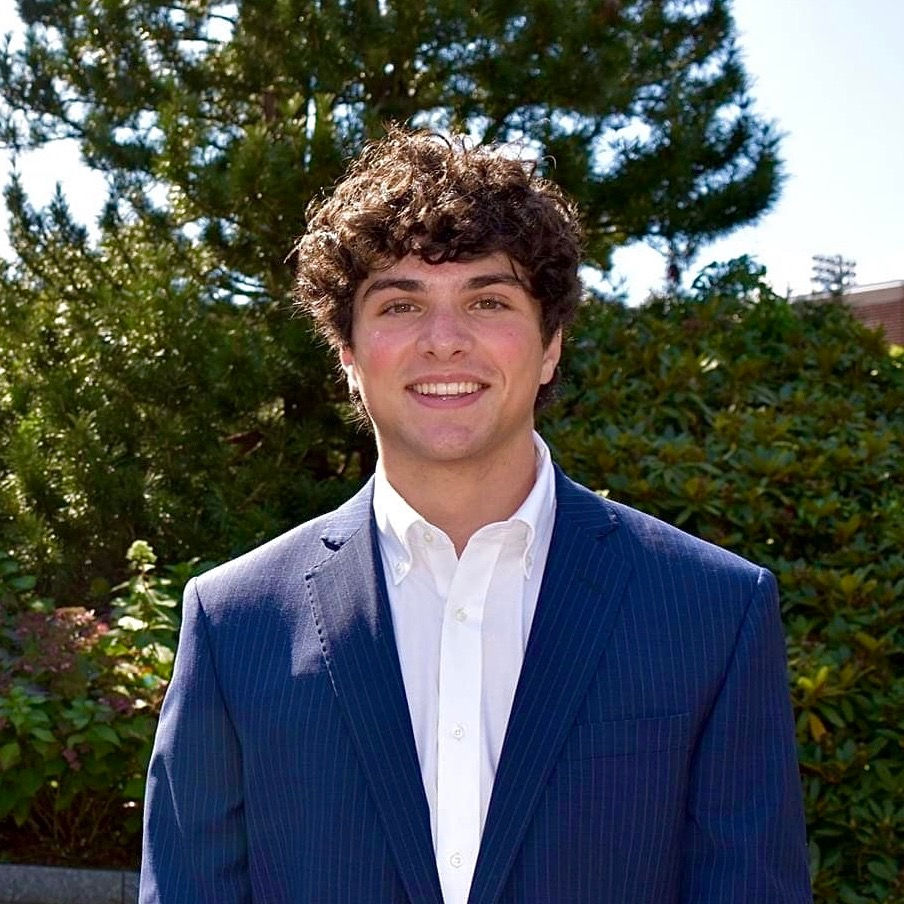Men, Boys, and Eating Disorders
- Beanbag Health

- Jun 26, 2023
- 3 min read
Eating disorders can affect anyone, regardless of age, sex, gender identity, race, sexual orientation, religion, or any other characteristic. Although eating disorders are stereotypically classified as being a female issue, many men struggle with disordered eating. In a previous blog post, we wrote about normalized, unhealthy behaviors in men, and some of the eating disorders that men struggle with, whether they realize it or not.

Men and boys represent 25% of people with eating disorders and are at a higher risk than anyone else of dying from it. One of the reasons is that they are often diagnosed later since many people assume males don’t struggle with eating disorders. However, similar to women, and the scrutinies they face surrounding body image, men also feel pressures to look a certain way in order to be considered “masculine.”
Eating disorders do not always have to do with body image and beauty standards. Disordered eating may also arise as a result of some deeper issue. Eating disorders, for example, can emerge as a way to manage distress, or a feeling that we are not in control of other aspects of our life.
Many men struggle with emotional vulnerability and are taught to suppress their feelings, rather than to talk about them, seek help, or otherwise overcome them. This can make men susceptible to disordered eating and/or other mental health issues, as it may initially feel like an effective way to deal with difficult emotions they are unable to face or do not understand. Stigma around vulnerability for men means it can be hard for them to get support or even feel comfortable talking about what they are going through. This often leads to tragedy, with alcoholism, drug abuse, and suicide rates being the highest among men. Eating disorders and other mental health issues can be isolating for anyone, but especially for men as our culture and systems make resources difficult or impossible to access.
Although conversations about, and resources for eating disorders are improving, they are mostly centered around and catered towards women. It is important to be inclusive to all those who suffer from eating disorders when spreading awareness and developing treatments. I do believe that we will get to a place where there is no stigma around men’s eating disorders, and everyone has equal access to, and comfort with, getting the help they need; however, it may just take time. But it is important to be conscious in breaking the stigmas around men’s mental health issues and welcome them into conversations about recovery. Someone is no less of a “man” or not as “masculine” just because they deal with mental health issues. We are all human and can all be affected, regardless of our gender identity or sex.
Beanbag Health is launching soon 🚀
Get on our waitlist here!

Written by
Jack Manthous
Jack is an intern at Beanbag Health. He is a senior at the University of Connecticut, majoring in Management. Jack states that he has already learned so much during his time at Beanbag Health and feels excited to be a part of a company that is working towards making eating disorder recovery support more accessible. He is looking forward to a future where everyone will be able to access affordable and effective mental health care.

Clinically Reviewed By:
Iain Jordan
Iain is a consultant psychiatrist with postgraduate training in medicine, psychiatry, complexity science, and healthcare informatics. He's fascinated by the relationship between physical health and mental health and has extensive experience with eating disorder patients in inpatient settings. He's an honorary senior clinical lecturer at University of Oxford. His passion is making psychological strategies for recovery available to all.



Comments